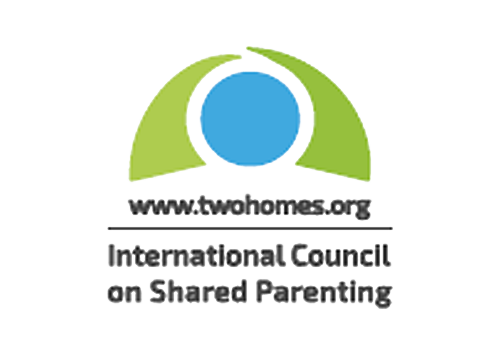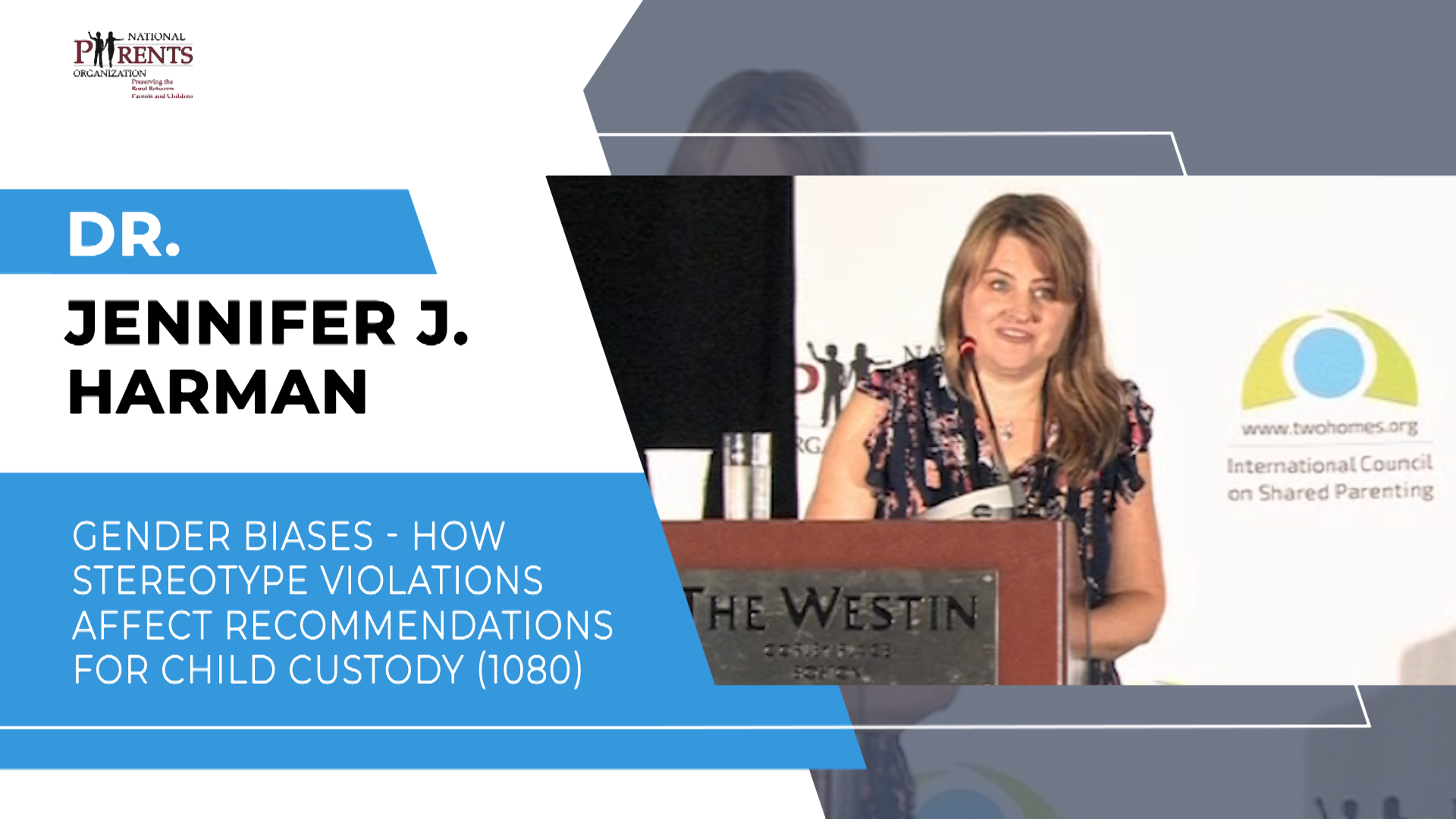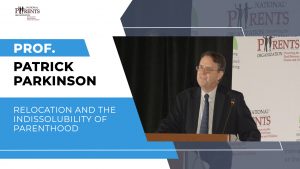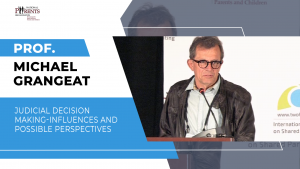Gender biases: How stereotype violations affect recommendations for child custody
$0.00
Julie Prosser MA
Pearl Outland MA
Alexis Nannini
Alexa Vasquez
Colorado State University, USA
Decisions about child custody in family courts are largely discretionary, even in jurisdictions where shared parenting laws have been passed. Researchers have long documented how gender stereotypes affect child custody assignment, and both mothers and fathers have argued that they have faced discrimination in family court (e.g., Warshak, 1996). Status incongruity hypothesis (SIH; Rudman, Moss-Racusin, Phelan, & Nauts, 2012) posits that men and women are penalized for status violations (e.g., backlash) because doing so defends the gender hierarchy. We will present data testing the hypothesis that mothers and fathers who deviate from gender and parental expectations are penalized; they are rated as less effective parents and are not awarded as much custody as those parents who confirm expectations. Participants reviewed a hypothetical divorce case that varied the breadwinner/working status of the mother and father in a fully crossed experimental design. They then rated the parties on perceptions of parenting and employment aptitude, and submitted a ruling and opinion for how property and child custody should be allocated. Although a significant proportion of participants indicated that shared custody (50/50) should be awarded, the overall results lent support to SIH and there being backlash against parents who violated expectations. We will discuss how participants rated fathers who desired more custody of their children (80/20) in comparison to mothers who requested the same arrangement, as well as the justifications for their suggested rulings. Implications for how SIH can be used to increase awareness of bias in family court will also be discussed.
Presenter
Jennifer Jill Harman, Ph.D. received her doctorate in Social Psychology from the University of Connecticut and specializes in the study of intimate relationships. She also has two masters degrees from Teacher’s College, Columbia University in psychological counseling, and served as a family and substance abuse counselor for several years prior to her entry into academia. She is currently an associate professor of psychology at Colorado State University.
Dr. Harman’s areas of research expertise focus on the topic of power in relationships: power in how intimate partners influence each other for good or bad. As an applied social psychologist, her work has applied social psychological theories on intimate relationships to the study of public health problems ranging from STI prevention to domestic violence. For nearly the last decade, her primary focus has been on the study of parental alienation.








Reviews
There are no reviews yet.